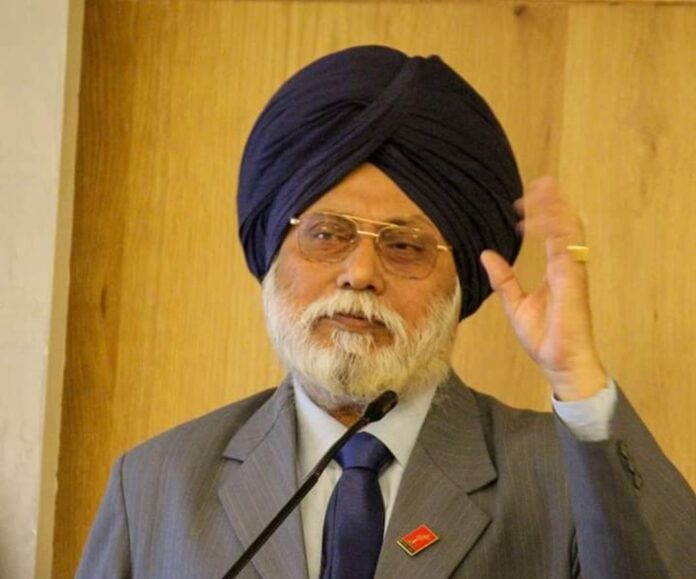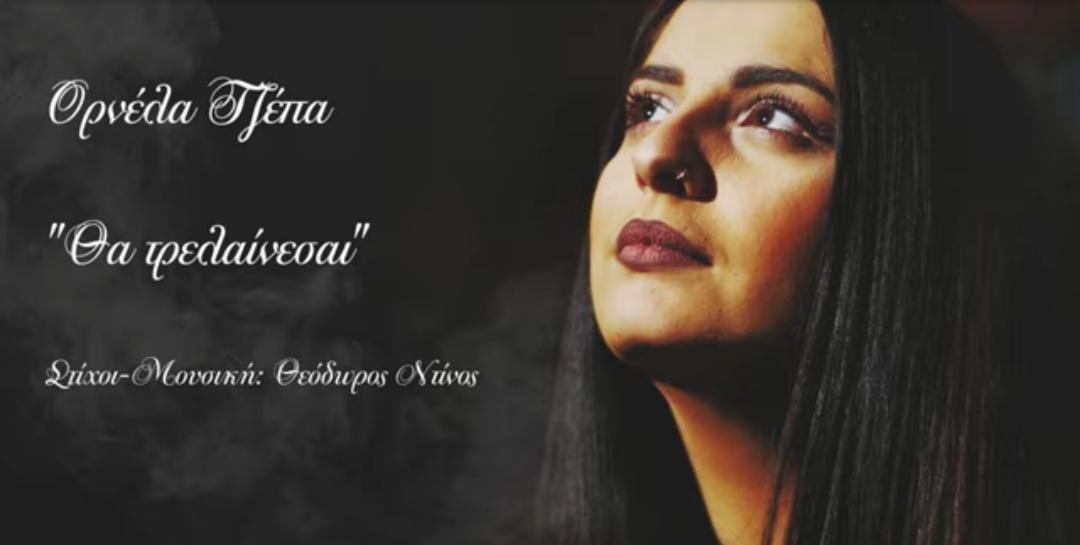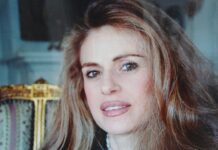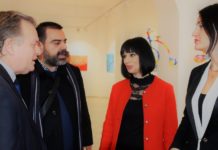Επιμέλεια: Εύα Πετροπούλου Λιανού
ANTHOLOGY OF WOMEN: the Sea belongs to 1000 Voices (Demer Press, Netherlands, female anthology, 2023)
Jernail Singh Anand, INDIA
It is poetry and art which help the world retain its balance. Or there would be earthquakes and apocalypse. –Dr Jernail S. Anand
Fifty percent of the world population is female, and if we wish to find out why happiness has eluded mankind, the answer can be found in the fact that the fifty percent chunk of population has always been at the receiving end. Not only our world, the worlds that came before us, were dominated by men, and each epoch was distinguished by different kinds of evil. There may be so many female gods, but monsters ad infinitum are masculine. In a way, it can lead us to believe that the origins of all evil are masculine. Or in other words, it can be said that as the world was ruled by men, they are also responsible for how it worked out. If we are living in a less than beautiful world, who is to blame? Not women, at least.
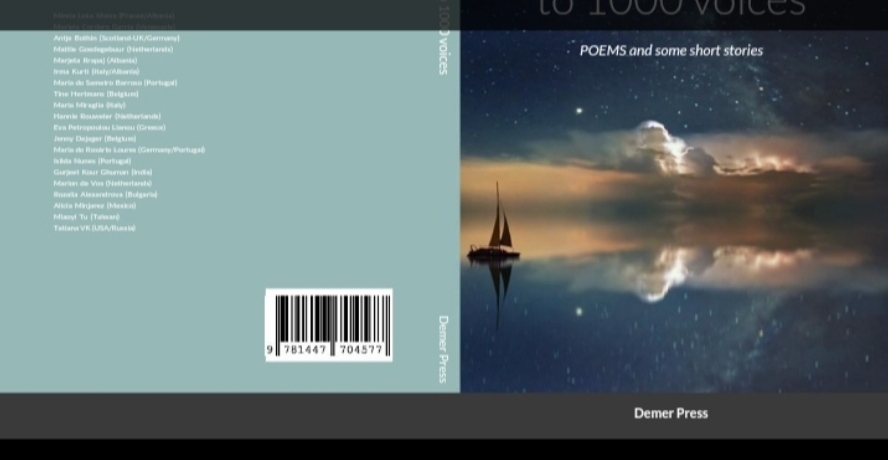
The world developed fault lines because they did not listen to the voice of the feminine self. Women have always had a second rate position in society, and they have been subjected to personal, social affronts in varying degrees. The birth of a girl child, even in this highly intellectualized age, is considered ‘ohooo’ [with sorrow] whereas a boy’s birth is gladly welcomed and celebrated. Women still move about in the shadows of fear. Is there any country in which women can move about at night without fear?
Hannie Rouweler, editor, avers that the anthology has been designed to record the female voice in its specific accent. In this anthology, about 20 women poets join together to recreate a world of their own, entirely a woman’s world. And their poetry no doubt delves into male domains, yet, the essential nuances of their combined voices are feminine. How a woman looks at life, looks at broken homes, disturbed families, love-lorn kids, and their own condition which denies them a foolproof identity as human beings. Most of the women writers are found to be addressing their male partners, and complaining of the shoddy deal they have received because of male domination in the families.

I think the woman in the western parts of the world has emerged free from the husband-centric poetry as we find in the Asian countries, where women have a long tradition of discrimination, inhuman social practices, which make them a most unenviable creature in the social set up.
I have picked on some poets at random to point to the specific chrisma of this anthology. Marjeta Shatro Rrapaj poetry is monologous and appears to be talking to a male partner in her desperate moments. Antje Bothin’s poem Voices makes special reading. It underlines the failure of communication between the two sexes.
When we speak, Voices celebrate.
When we don’t speak, Voices cry.
When we listen, voices appreciate.
When we don’t listen, Voices grieve.

Mirela Leka Xhava’s ‘Oblivion’ is a masterpiece of postmodern poetry. The imagery is so slippery that you cannot hold your own on the sliding surface of words:
In my fists of sand I hold the memories
clutched in my fingers, they try to escape,
I release them slowly for the wind to take them away like the grace of the light flying body
burnt in the middle of the sea in the wood pile scattered particles in the sky
half erased by time and half by me.
Her talk of Mothers has a rare power to move hearts:
Mothers
Mothers are alike all over the world
because they don’t have just one heart
but one for each of us
inside where lullabies are born and where pains sleep from ballads of centuries grace of goddesses of the Pantheon.
Eva Petropoulou Lianou’s ‘Misunderstood’ merits close reading. The Greek poetess shares her vision of a bizarre world, which is divided even in its truth, but she believes in mutual communication which can bridge the gaps between the mutually unknown realities of living:
In this life
We don’t have the same Path
We don’t have
The same thoughts
We don’t have even the same truth
But we try
To get closer With our hearts Closing our eyes In behaviours
We might not like Or understand
Because what’s more Important between Two persons is communication And love.
Mattie Goedegebuur’s poem ‘Freedom’ is a kindly reminder to human race, to exercise control and common sense even if it is enjoying freedom, thereby implying that no freedom is absolute, and it needs to be tempered with internal controls of the mind, listening with the heart, and use of healthy common sense to distinguish between a friend and a foe, finally imploring mankind to use wisdom of sincere compassion to guard their freedom.
I will release you
so you yourself
can choose the airspace beware of
floating air creatures sometimes collisions are inevitable
in the heavens
think with your mind
to control the air …
or dive in
in the deepest of
the earth for the confrontation with the fire breathing dragon choose the wisdom of sincere compassion conquer your soul
to guard your freedom
Taken together, one feels there is nothing feminine about the anthology except that the contributors are women. Otherwise, the issues they take up are universal in nature and can be encountered in any men’s anthology, underlining the idea that life in its varied colours rainbows everyone in the same manner. Rather, it can be said with certainty that this volume shows a keener sense of the reality. Women writers who make up this volume possess a keener ear, a keener eye, and a keener heart too, and the overall voice that emerges from the anthology is the voice of wisdom, sanity, equanimity, balance and a shared experience of peace and joy. It is an affirmative vision of humanity which underlies majority of the poems, which turns it into a humanistic adventure in the predicaments of human heart.
I congratulate the poets who have contributed their best poetry as also the organizers of this Anthology for their wonder-work. The anthology stands out as a milestone in the history of poetic creation and deserves accolades as much for its variety of approach, as for the intensity of experience that is shared, understood, felt and internalized.
Dr. Jernail Singh Anand, INDIA.
President, International Academy of Ethics.
[ethicsacademy.co.in] & Member, Serbian Writers Association, Belgrade.



















